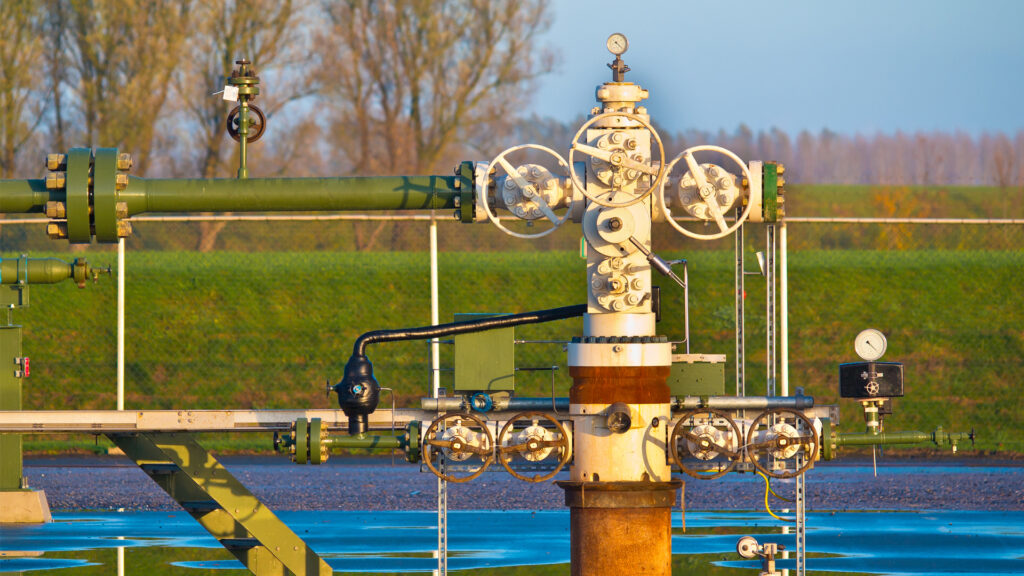By Susan Nugent, Climate Reality Project member
Much to my astonishment, my utilities bill increased by $50 in December. When I studied the bill, the gas used was significantly more than usual. Despite all my strategies to become an electric home, my furnace still runs on gas.
Like most houses in my area (and those still being built), my house was “gas ready.” The original furnace was gas while a gas fireplace in the living room added appeal for buyers. The fireplace, which I stopped using about eight years ago, is now wasted space. The last time I thought about using it, the living room filled with so many fumes that I thought the carbon monoxide alarm would sound any second.
Natural gas, more than 70% methane, is an enormous pollutant. Although methane does leave our atmosphere faster than other fossil fuels, it contributes to about one-third of the warming from greenhouse gases happening today. At the United Nations’ climate conference COP28, nations pledged to reduce methane in our atmosphere. The goal is a 30% reduction in methane emissions by 2030.

One problem with reaching this goal is that natural gas has been considered a transition fuel in the process of moving to clean energy. The fossil fuel industry did a wonderful job with its campaign to make natural gas sound appealing. The newsletter “Heated,” by the climate journalist Emily Atkin, and other sources reveal how the fossil fuel industry paid for study after study that perpetuated the myth that natural gas is not harmful to our atmosphere.
In contrast, the U.N.’s Intergovernmental Panel on Climate Change notes that a reduction in natural gas with its major component of methane must become part of our plan to address climate change. We, in turn, must realize that the fossil fuel industry has been spreading misinformation and respond accordingly.
To reduce methane, agriculture, the fossil fuel industry, solid waste and wastewater will need attention. According to the U.N., “Agriculture is the largest single source of global methane emissions, responsible for roughly 40% of manmade emissions; Fossil fuels are the second largest source, responsible for approximately 35% of emissions, with waste and others making up the rest.”
Although we may immediately think that agriculture’s problem with methane comes from animals, that is not true. Instead, the manmade fertilizers are the primary methane-producing contributor in agriculture. Regenerative agriculture practices including using cover crops and natural fertilizers would reduce the reliance of farmers and ranchers on natural gas.

One way to reduce the fossil fuel industry’s abuse of natural gas is by capping all the old wells. When wells are no longer used, the oil company is supposed to cap them. However, that has not been the case. The U.S. Environmental Protection Agency estimates that more than 2 million wells were never properly capped in the United States alone, many releasing exorbitant amounts of methane into our atmosphere.
Landfills release methane as materials biodegrade, so much that they are the third-leading source of methane. We all contribute to landfills so we need to think about alternatives to throwing away any unwanted item. Composting is a first step. But beyond that, we need to make refusing, reducing, reusing, recycling and repurposing part of our every day. Changing from short-term action to long-term decisions requires constant self-discipline.
So we, too, can help reduce the amount of methane released into our atmosphere. Furnaces and hot water heaters, as well as gas-guzzling cars and trucks, can be changed as old ones need replacement. The Inflation Reduction Act may help with those expenses.
We can be more mindful of the gas we use whether it’s lighting a gas fireplace, fixing a broken lamp or buying another polyester blouse. It’s too convenient to take the easy way out and leave our own metaphorical wells uncapped.
Susan Nugent is a Climate Reality Project leader from Gainesville.
Sign up for The Invading Sea newsletter by visiting here. If you are interested in submitting an opinion piece to The Invading Sea, email Editor Nathan Crabbe at nc*****@*au.edu. To learn more about methane and other greenhouse gases, watch the video below.



